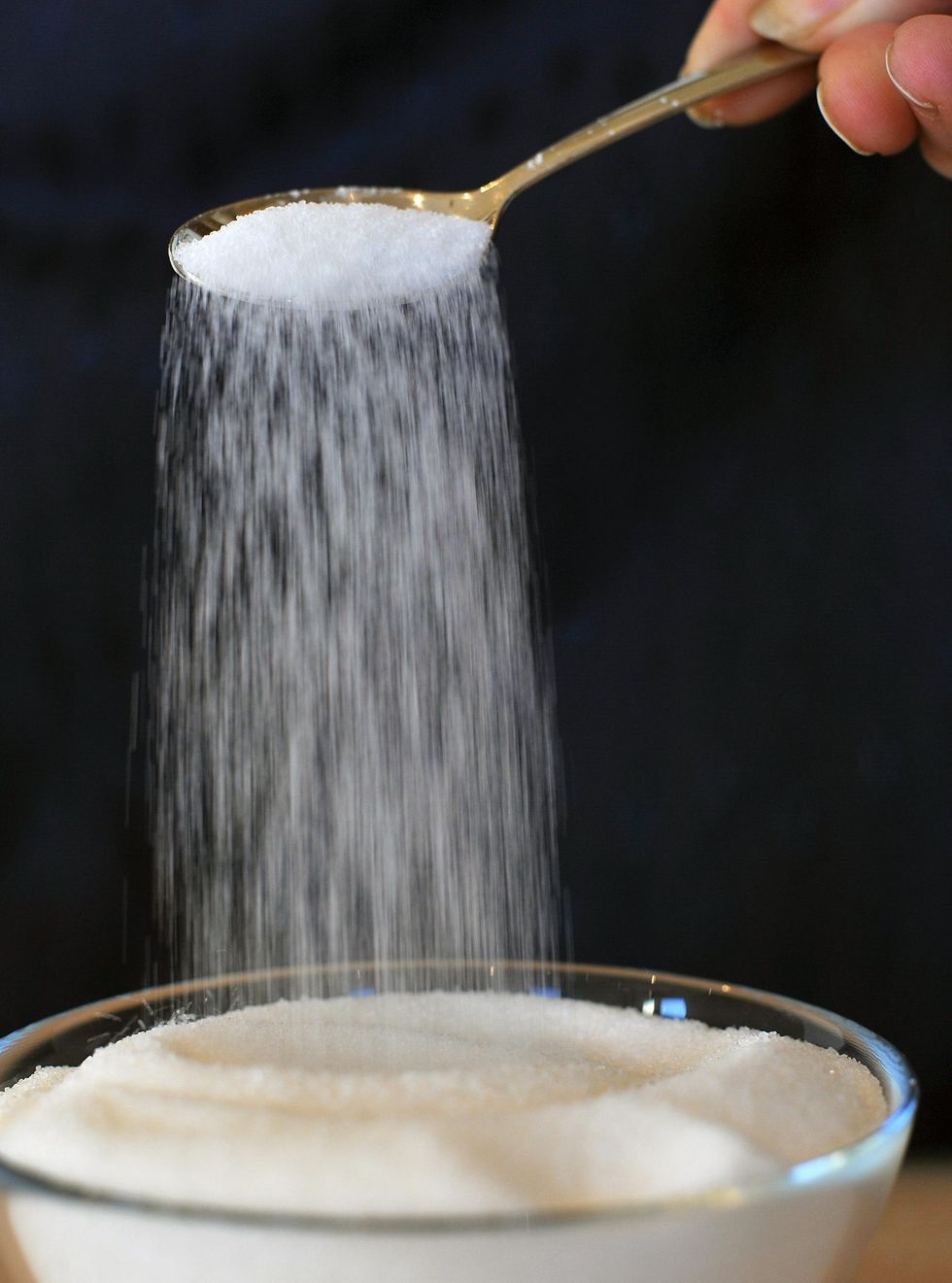How to get started with weight loss
GBN
The findings come as the WHO issued an advisory cautioning against using sugar substitutes for weight loss
Don't Miss
Most Read
Latest
A new study has shed light on why artificial sweetener sucralose might increase hunger rather than reduce it.
Researchers found that sucralose triggers brain signals that boost appetite by nearly 20 per cent compared to sugar.
This finding may explain why diet sodas have been linked to weight gain despite being calorie-free.
The World Health Organisation issued an advisory in May 2023 cautioning against using sugar substitutes for weight loss.

Popular sweeteners could increase hunger more than table sugar
PAThe study, published in the journal Nature Metabolism, was led by Dr Katie Page, an associate professor at the University of Southern California's Keck School of Medicine.
She shared: "Sucralose activates the area in the brain that regulates hunger, and that activation, in turn, is linked to greater ratings of hunger."
People who drank water with sucralose reported feeling nearly 20 per cent hungrier compared to those drinking water with table sugar.
In the study, 75 participants consumed three different drinks on separate occasions: plain water, water sweetened with table sugar, and water sweetened with sucralose.
Researchers conducted brain scans using Functional Magnetic Resonance Imaging (fMRI) to track brain activity. Blood samples were also taken at various intervals after drinking, and participants were asked to rate their hunger levels.
The researchers discovered that sucralose affects brain connectivity related to decision-making.
"Sucralose appears to affect your decision-making skills," Dr Page explained. "We found increased brain connectivity between the hypothalamus and the anterior cingulate cortex, which controls the risks and rewards of a decision."
Blood tests revealed sucralose did not affect hormones that signal fullness.
"There's a sweetness signal, but there's no hormone signal telling you you're full," she said.
Dr Page, who treats patients with diabetes and obesity, offered clear advice on artificial sweeteners. She said: "I would never say drink or eat more sugar."
LATEST DEVELOPMENTS

Increased hunger could lead to overeating
GETTY"Instead, I tell my patients to not rely on non-caloric sweeteners as a substitute for sugar and try to reduce the overall intake of dietary sweeteners in general."
Dr Katz suggests a form of taste bud "rehab" to reduce overall sweetener consumption.
"A truly wholesome diet has little added sugar in the first place, and thus no sugar to 'replace' with sucralose and related compounds," he said.
He recommended identifying hidden sugars in foods like salad dressing, pasta sauce and bread.
This approach could reduce daily sugar intake "by a third, maybe even a half" before addressing obviously sweet foods.













